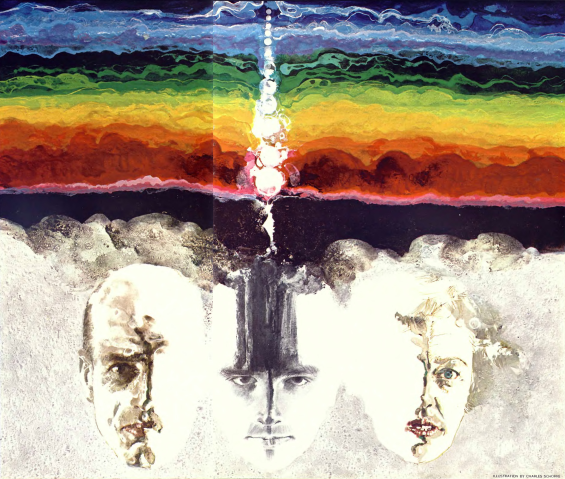
 The 47 year old radio show, Ideas, is consistently the best evening education program on the radio. Prior to the web its ephemeral broadcasts could only be recaptured by sending away for expensive audio cassette copies. That made it appointment listening. Actually, Ideas, at least in part, is how I came to love evening classes.
The 47 year old radio show, Ideas, is consistently the best evening education program on the radio. Prior to the web its ephemeral broadcasts could only be recaptured by sending away for expensive audio cassette copies. That made it appointment listening. Actually, Ideas, at least in part, is how I came to love evening classes.
After an evening seminar, I’d drive along Highway 101 with the sun’s last crepuscular rays shining rosily into the darkening sky, listening to Lister Sinclair introduce a new lecture series, a two part documentary, or some other aural exploration of condensed wisdom.
Since the dawning of the Ideas podcast I’ve not listened to the radio broadcast very often. And there’s a mawkish loss in that, perhaps. But ideas and Ideas should be accessible, and they have become so.
Here’s the latest.
Iceberg Ship Habbakuk:
1942: Hitler’s U-Boats are ravaging merchant ships that Britain depends on for its survival. Enter a plan, for a gigantic warship, to help the Allies win the Battle of the Atlantic. It will be built in Canada and made from … ice! Richard Longley tells the story of iceberg ship Habbakuk, in all its icy eccentricity.
|MP3|
Podcast feed: http://www.cbc.ca/podcasting/includes/ideas.xml
Incidentally a few years ago BBC radio broadcast a play, penned by Steve Walker, on the same subject.
Posted by Jesse Willis



 CBC Stage – Fahrenheit 451.
CBC Stage – Fahrenheit 451.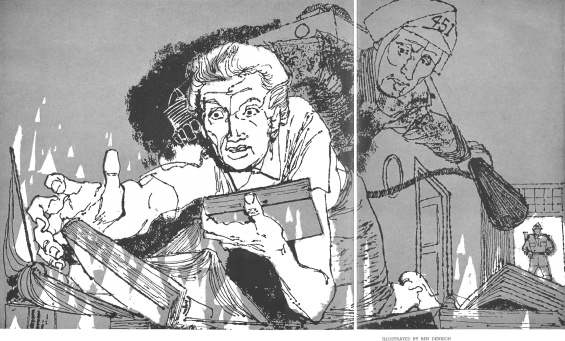

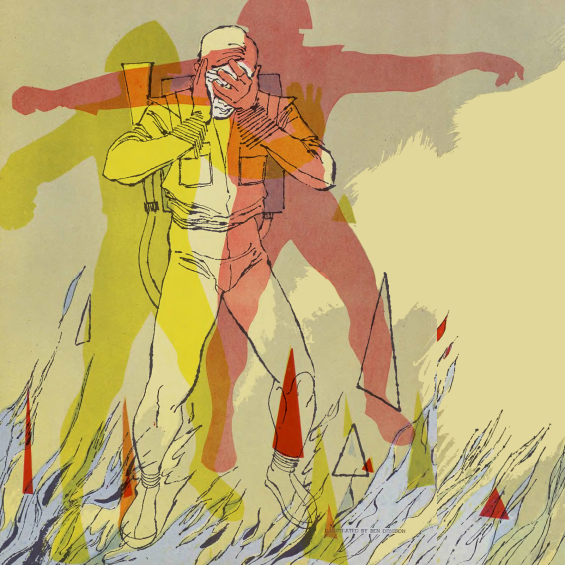
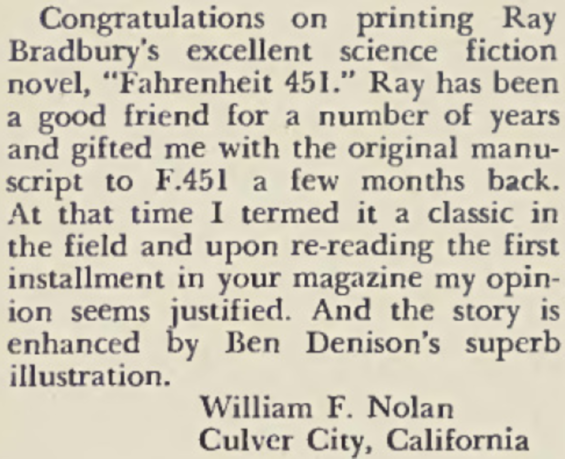
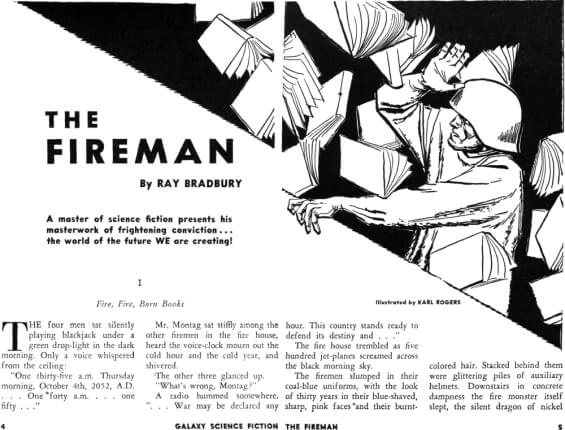
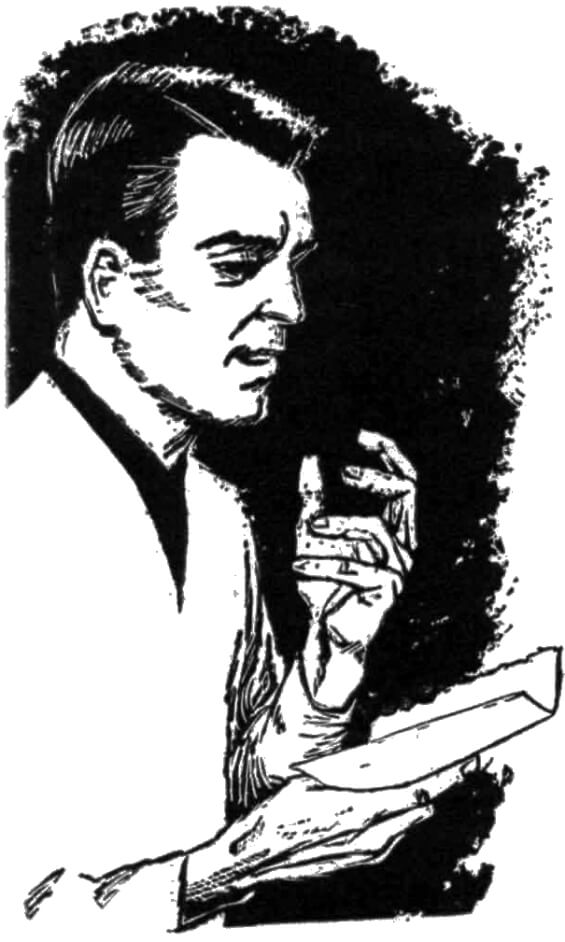


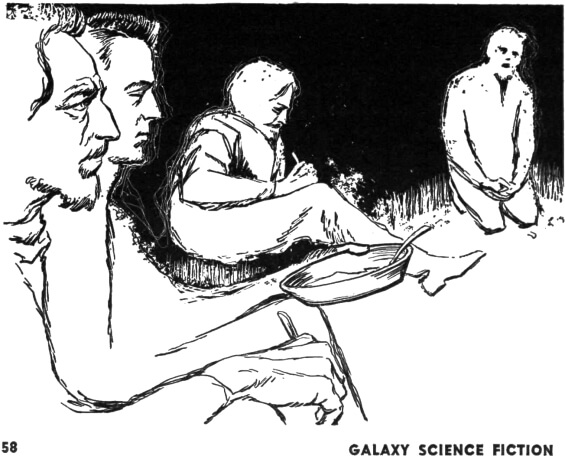
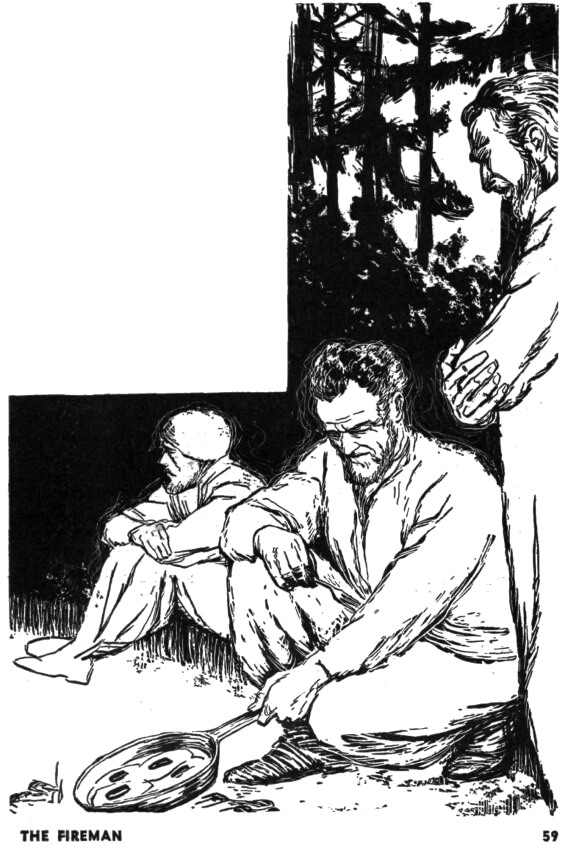
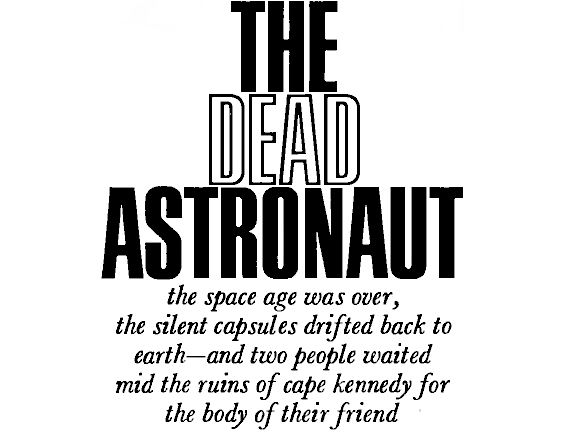
 The Vanishing Point – The Dead Astronaut
The Vanishing Point – The Dead Astronaut